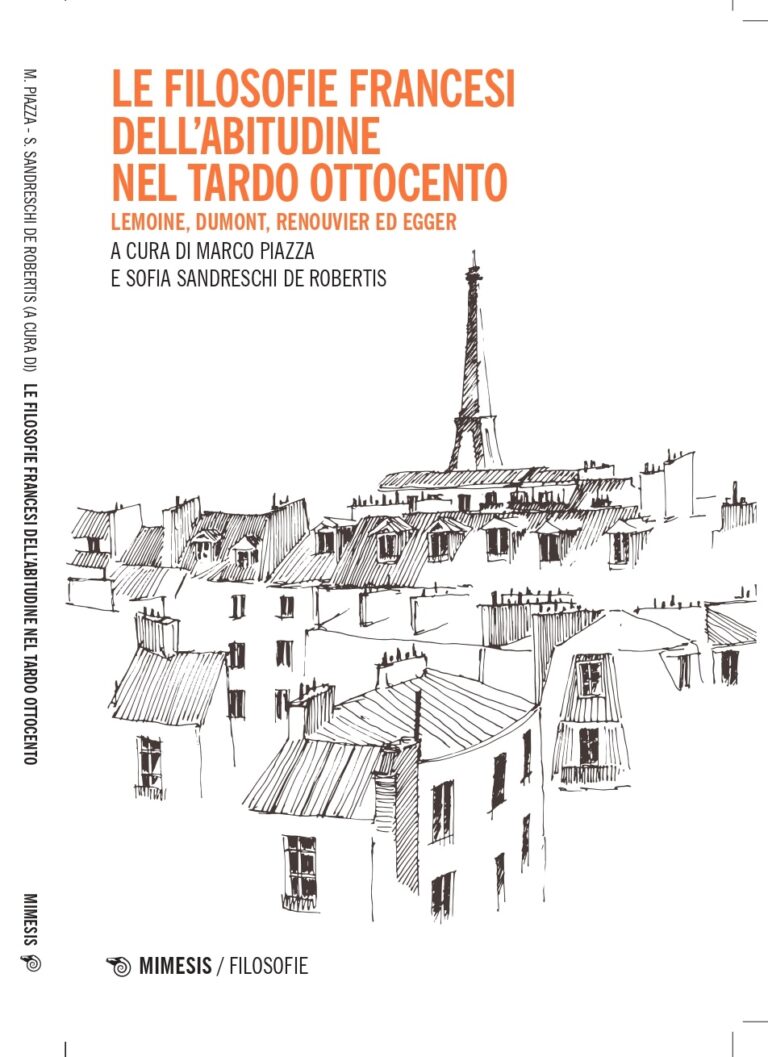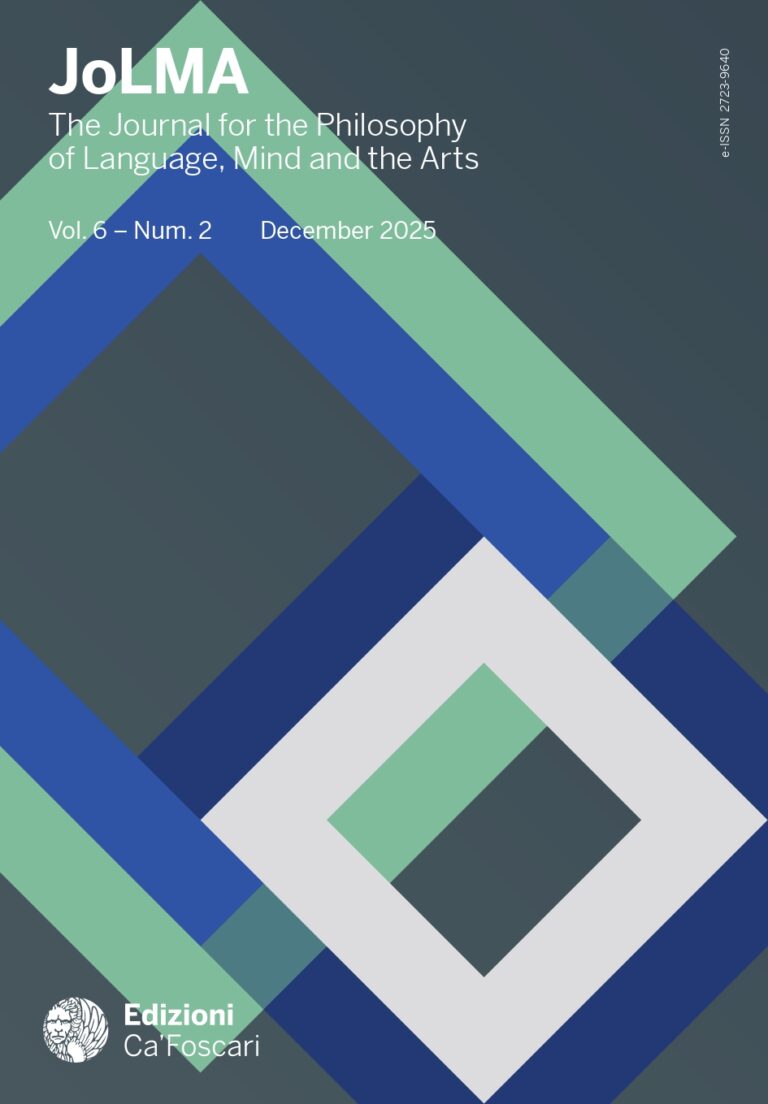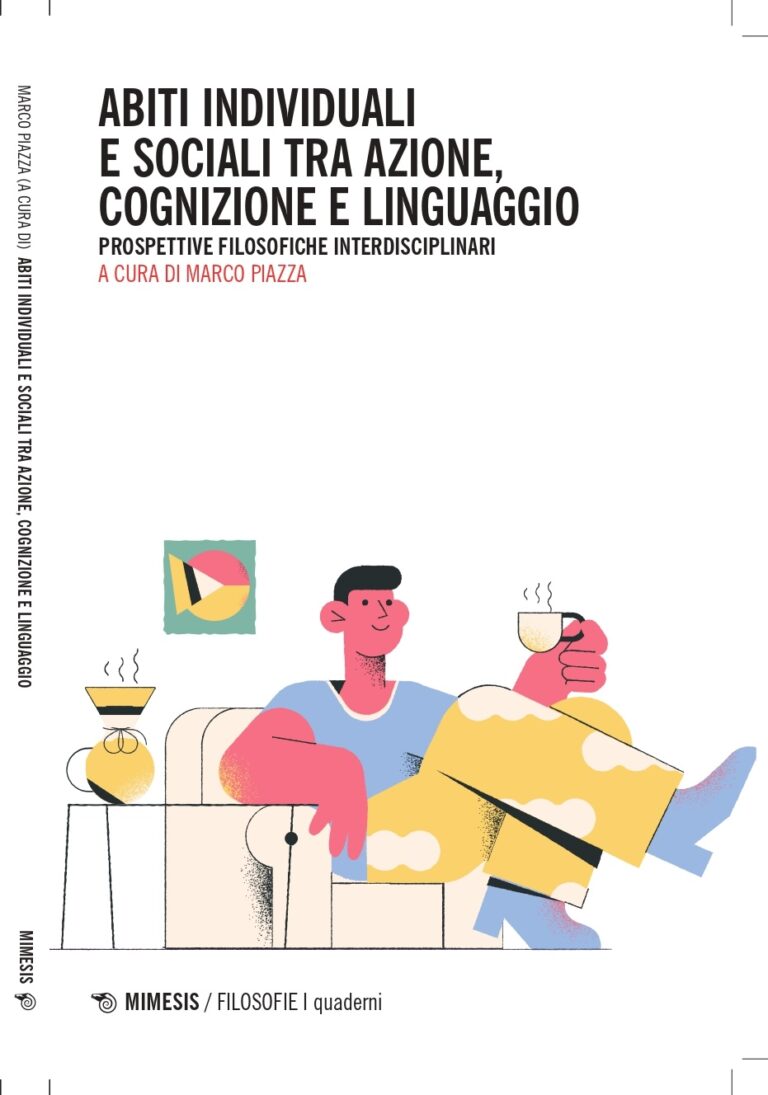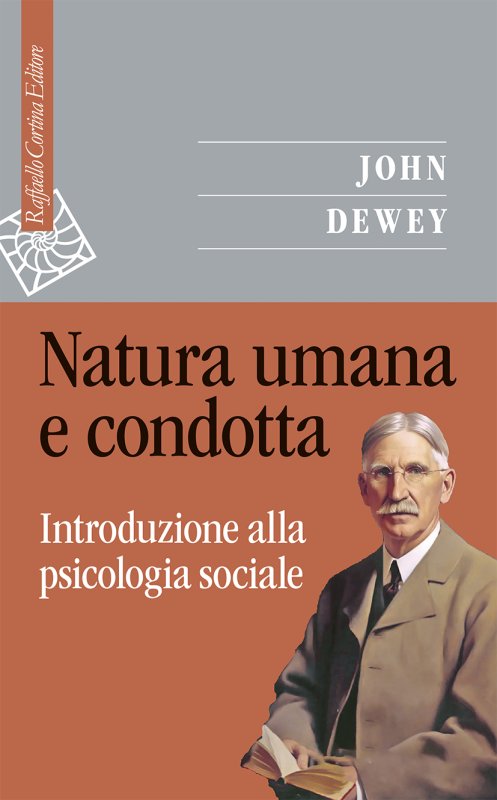Date: 16 September (opening at 14:00) – 18 September (closing at 13:00) 2025
Location: Roma Tre University, 234 Via Ostiense, Rome, ground floor, “Valerio Verra” room
Scientific Committee: Roberta Dreon, Marco Piazza, Guido Baggio, Corinna Guerra, Claudio Iacobini, Massimo Marraffa, Alice Morelli, Luigi Perissinotto, Anna Pompei, Sofia Sandreschi de Robertis
Organized by: Guido Baggio, Marco Piazza, Sofia Sandreschi de Robertis
At the turn of the nineteenth and twentieth centuries, philosophies of habit questioned the evolution of habit following profound socio-political crises such as the French Revolution (Dumont 1876; Renouvier 1876) and World War I (Dewey 1922). They offered insights and models for reflection, which were, however, interrupted by the “agony” (Kaufmann 2001) surrounding the concept of habit in philosophy during the twentieth century. Ultimately, philosophies of habit have only partially examined the question of how habit is subverted during crises, whether individual or collective, favoring an analysis of two key issues: the formation of habit and its replacement through processes driven by experience and reflection, including priming, controlling, exercising, and abandoning (Pollard 2010). Although there has been a resurgence of interest in the constitution, function, and nature of habit in the past two decades – especially in the new contexts of neuroscience and cognitive science (Testa & Caruana 2021) – the explanatory hypotheses developed appear incomplete, failing to fully elucidate psychological and social processes encountered during a habit’s crisis. In particular, these explanations do not clearly define the role of the unconscious dimension in the sclerotization of habit at both individual and collective levels. While crises are often perceived as moments of rupture and interruption, contemporary perspectives increasingly conceptualize them as enduring conditions rather than single, traumatic events. A case before our eyes is the environmental crisis, we discuss biodiversity loss, climate crisis, conflicts over the sharing of resources, but in all these cases we do not fear a single catastrophic event, but an ongoing process (Horn 2018). The “risk society” has been discussed for decades (Beck 1992) and economic and pandemic crises have followed one another (Bensaude-Vincent 2022). We observe that extreme weather events, which are the form through which we become aware of climate change, are increasingly frequent, endemic, difficult to consider isolated episodes. Why don’t we get used to these recurring events, as well as, for example, the reduction of fossil fuels? After all, these are all crises that among the first effects have precisely to undermine individual and collective habits. The crisis also represents a moment of reconfiguration of linguistic habits or even the emergence of new linguistic varieties. Major changes – environmental, historical, or socio-economic – coincide with significant transformations at the level of linguistic behavior.
Habits are often seen as stabilizing forces, influencing individual and collective behaviors in response to changing circumstances. However, habits can also present insurmountable obstacles to conscious intentions and more reflective desires. In some cases, individuals can repetitively make the same mistakes during crises, stiffening into interpretive paradigms that are unhelpful in addressing the critical situation at hand, which promotes individually and socially dysfunctional habits.
How, then, do habit and crisis interact? How does crisis alter, reinforce, or reconfigure habit? And conversely, how do habits shape our perception, experience, and management of crisis? How bad habits as dysfunctional, influence the inertial rigidity in both individual and social dimensions?
The international conference aims to address these questions from philosophical-theoretical, historical, psychological, linguistic, and ecological-scientific perspectives.
Possible topics of inquiry include but are not limited to:
- Habit and crisis: history of ideas
- Habit and philosophies of crisis between the nineteenth and twentieth centuries
- Crisis: revolution or conservation of habits? Historical perspectives
- How different notions of crisis affect and/or affected by habit change
- The role of habit in navigating contemporary crise
- Crises as moments of habitual reconfiguration and the emergence of new customs
- The resilience or fragility of habit in crisis’ conditions
- The ethics and politics of habit in times of prolonged crisis
- The relations between sub-personal non-conscious processes and habits
- The relations between neuroscientific findings, habits and crisis
- The role of habits in the environmental humanities
- Disruption of habits and environmental issues
- Crises as occasion of reshaping of linguistic habits.
- Crises and the emergence of new linguistic varieties and changes.
- Relationship between languages and the environmental system: stability and change
- Changes in the ecosystem as occasion of language decay, language attrition, language death, language lost, and language heritage
- Linguistic contact and changes in lexical habits and structures
- Crises and identity in colonial and immigration contexts
Submission Guidelines:
Abstracts should be no more than 400 words and should be accompanied by a short biographical note (max. 150 words).
Submissions should be sent to Sofia Sandreschi de Robertis (sofia.sandreschi@uniroma3.it) by 30 May 2025.
Notifications of acceptance will be sent by 20 June 2025.
For further information, please contact sofia.sandreschi@uniroma3.it
The conference is part of the activities planned and financed by the PRIN 2022 PNRR project “HiToC – Habits (in Time) of Crisis. Conceptual Tools for Dealing with Disruptive Events” involving Roma Tre University and Ca’ Foscari University of Venice. General coordinator: Marco Piazza. https://philhabits.org/en/prin-hitoc-project/
The initiative is sponsored by PHILHABITS Inter-University Centre <https://philhabits.org>





